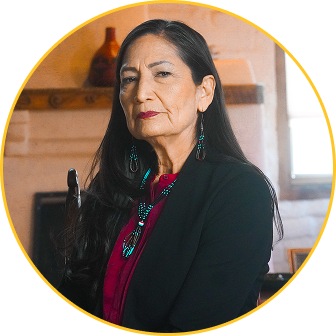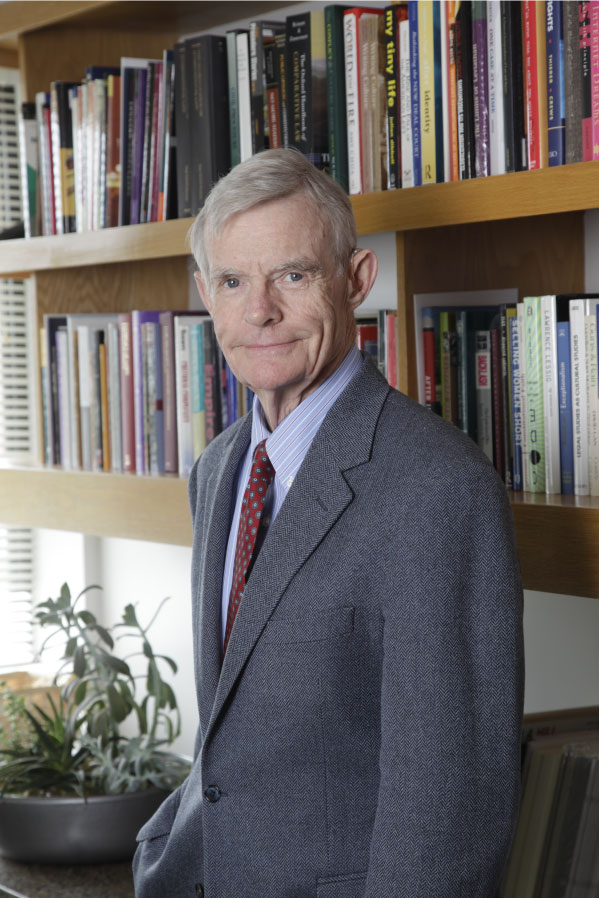About the lecture
William C. Canby Jr.
Senior Judge, United States Court of Appeals for the Ninth Circuit
This annual lecture is named in honor of William C. Canby Jr., of the U.S. Court of Appeals for the Ninth Circuit, a founding faculty member of the Sandra Day O’Connor College of Law and the Indian Legal Program.
Judge Canby was born in St. Paul, Minn., graduated from Yale University in 1953 and graduated from the University of Minnesota Law School in 1956, Order of the Coif. He was a member of Phi Beta Kappa. He served two years as a Judge Advocate General in the U.S. Air Force, then clerked for Associate Justice Charles Evans Whittaker on the U.S. Supreme Court in 1958-59. During his tenure as a law clerk, the Supreme Court decided Williams v. Lee, a case that sparked Judge Canby’s lifelong interest in Indian law. He returned to Minneapolis and practiced law at Oppenheimer, Hodgson, Brown, Baer & Wolf.
In 1962, Judge Canby and his wife, Jane, helped establish the Peace Corps in Africa, serving first in Ethiopia, then as a Director in Uganda. Returning to the United States, he served as Special Assistant to Sen. Walter F. Mondale, then as an assistant to Harris Wofford, President of State University of New York at Old Westbury.
Judge Canby came to Arizona in 1967 as a founding faculty member of ASU’s College of Law, taught the first classes in Indian law and was instrumental in the creation of the Indian Law Program. He also devoted numerous hours to assisting Arizona farmworkers and other citizens in need of legal help. While at ASU, Judge Canby visited Uganda as a Fulbright Professor of Law at Makerere University (1970–71). In 1999, he returned to Ethiopia in an attempt to facilitate peace during the war between Eritrea and Ethiopia. In 1980, President Jimmy Carter appointed him to the U.S. Court of Appeals for the Ninth Circuit. He was elected as new member of the American Law Institute in 2013.
As both a professor and a jurist, Judge Canby has become known as an expert in American Indian law. He has testified before Congress, and authored law review articles, a major textbook, and Canby’s American Indian Law in a Nutshell, now in its eighth edition. While still a professor at ASU, he successfully argued Bates v. State Bar of Arizona, in which the U.S. Supreme Court held that the First Amendment allows lawyers to advertise in a manner that is not misleading to members of the general public.


